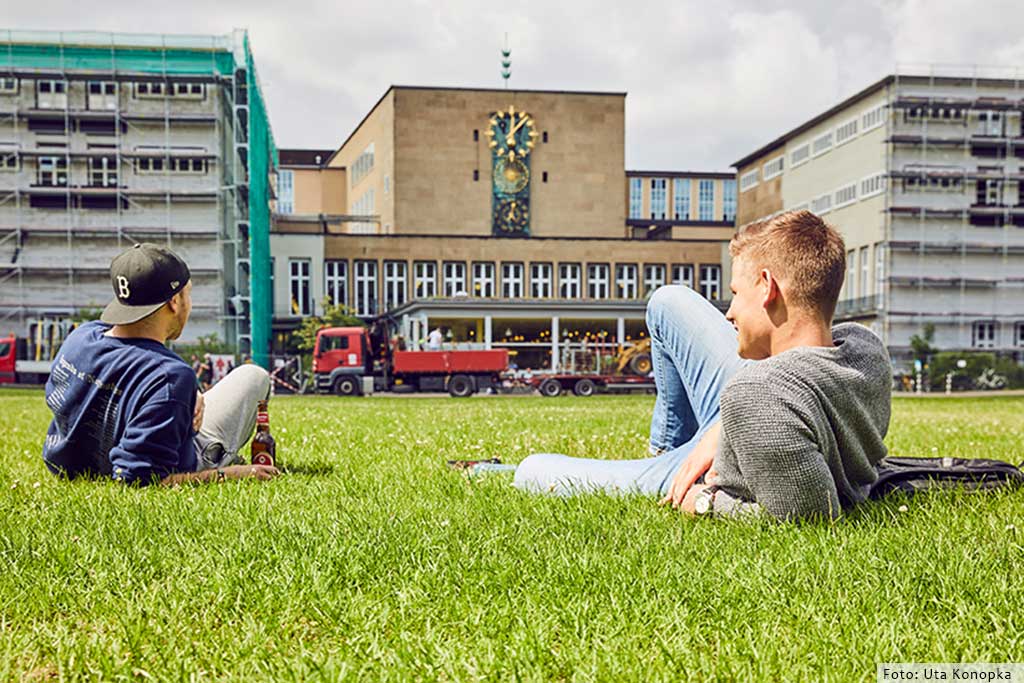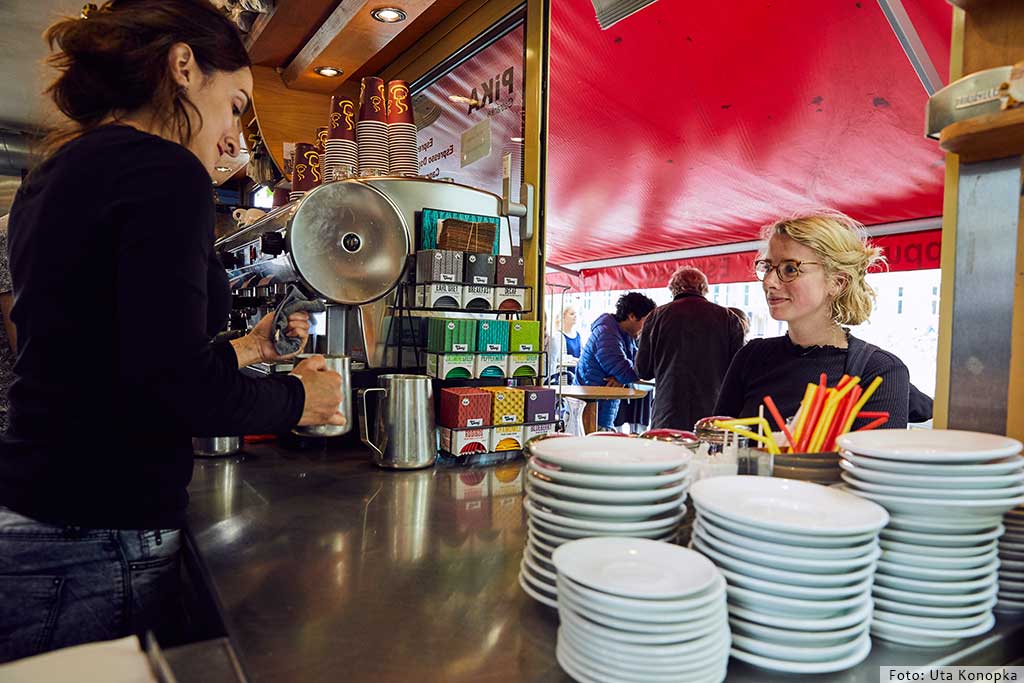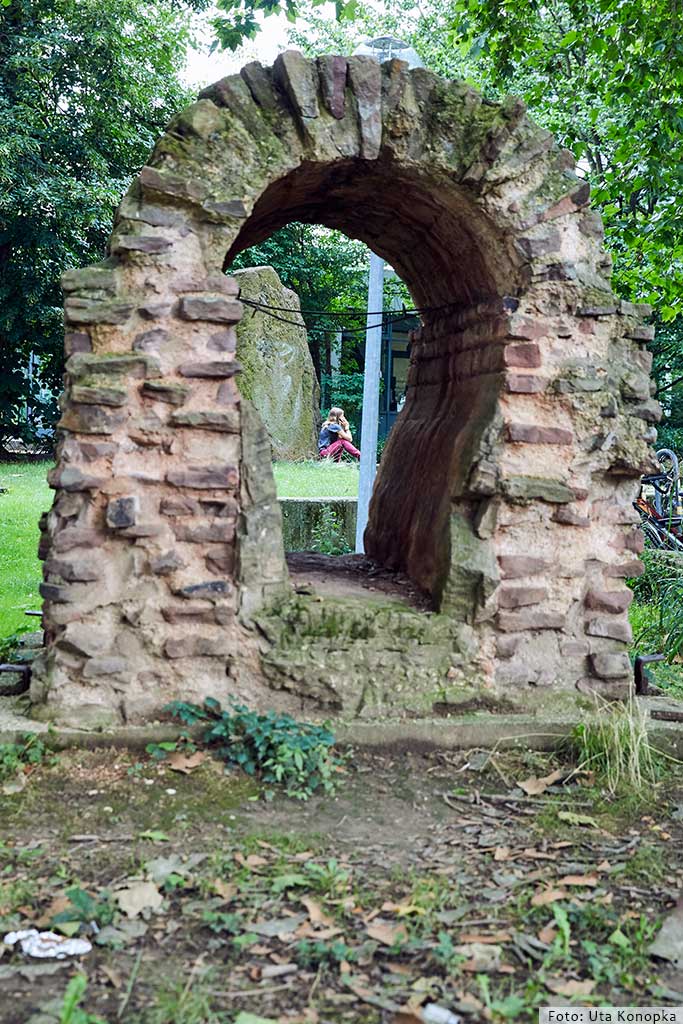Call for Abstracts
Wir freuen uns sehr, dass der diesjährige CAA Deutschland-Workshop vom 25.–26. September 2025 in Köln stattfinden wird.



Die CAA ist eine internationale Vereinigung, die Archäolog:innen, Mathematiker:innen und Informatiker:innen zusammenbringt, um den Austausch zwischen den Disziplinen zu fördern. Mehr als 40 Jahre nach ihrer Gründung ist sie eine der ältesten und größten Organisationen auf diesem Gebiet. Der CAA e.V. hat es sich zur Aufgabe gemacht haben, die Interessen der CAA in Deutschland zu vertreten, interessierte Archäolog:innen, Mathematiker:innen und Informatiker:innen aus Lehre und Forschung über neueste Entwicklungen zu informieren, den Austausch zu fördern und neue Forschungsergebnisse zu präsentieren.
Dieses Jahr ist der Workshop insbesondere – aber nicht alleine – darauf ausgelegt, jungen ForscherInnen und Studierenden eine Plattform bieten, sich mit anderen auszutauschen, von deren Erfahrungen zu lernen und ein Netzwerk an Ansprechpartnern aufzubauen. Wir wollen damit zukünftige Kollaborationen und interdisziplinäre Forschung nachhaltig vereinfachen. Darüber hinaus sollen aber auch wieder neue Ergebnisse und neue Ansätze aus allen Bereichen präsentiert und diskutiert werden.
Der Workshop ist damit in die folgenden Themenbereiche unterteilt
1. Neue Forschungsergebnisse und Erkenntnisse in den Bereichen Archäologie und Informatik, inklusive aber nicht beschränkt auf:
– 3d Modellierung und Analyse
– Text Mining und Sprachverarbeitung
– Künstliche Intelligenz in Archäologie
– Graphentheorie und Netzwerkanalyse
– Neue methodische Ansätze
2. Laufende (BA, MA/MSC, PhD) Abschlussarbeiten und studentische Forschungsprojekte vorzustellen
3. kurze Präsentation von Netzwerk- und Kollaborationsmöglichkeiten, insbesondere
– Vorstellung von Einrichtungen und Organisationen mit einem besonderen Augenmerk darauf, welche Form von Interaktionen und Kollaboration und Kollaborationen ihr insbesondere für Forscherinnen und Forscher anbietet (zb Datenquellen, Kontaktpersonen)
– Laufende Abschlussarbeiten und Forschungsprojekte vorzustellen, mit besonderem Hinblick auf die interdisziplinären Probleme die sich dabei gestellt haben.
– Geplante Forschungen und Kollaborationen und deren interdiszipläneren Herausforderungen und Anforderungen zu diskutieren.
Des Weiteren soll am 24.9. ein Hands-on Tutorial zu 3d Rekonstruktion und Visualisierung stattfinden – mehr Details hier in Kürze.
Präsentationen können, je nach thematischen Bereich, von 5-20 Minuten Umfang sein. Dabei zielt vor allem die Netzwerkbildung auf einen interaktiven Dialog ab.
Die Konferenz wird vor Ort an der Universität zu Köln stattfinden, aber die Möglichkeit zur hybriden Teilnahme anbieten. Wir bemühen uns, auch online einen interaktiven Austausch zu ermöglichen.
Der Workshop wird von Lutz Schubert und Tom Noack vom Institut der Informatik organisiert. Das Meeting wird auf dem Universitätscampus der Universtität Köln stattfinden (Universitätsstr. 33-91, 50931 Köln. Der genaue Raum wird in Kürze hier bekanntgegeben.
Wir bitten alle Interessierten, den Titel und eine Kurzbeschreibung ihrer Präsentation von ca. 250 Wörter bis zum 14. Juni 2025 über folgende email caade2025koeln@gmail.com einzureichen.
Wichtige Termine in aller Kürze:
- Abstract Deadline: 14. Juni 2025
- Rückmeldung: ca. 30. Juni 2025
- Tutorial: 24. September 2025
- Konferenz: 25.–26. September 2025
Bitte beachten Sie, dass die Mitgliedschaft in der CAA/CAA DE keine Voraussetzung für die Teilnahme an der Tagung ist.
Die CAA Deutschland-Workshops bieten Archäolog:innen und Wissenschaftler:innen eine Plattform, um sich in einer entspannten und konstruktiven Atmosphäre auszutauschen und zu vernetzen. Im Fokus der Diskussionen stehen aktuelle Trends und Herausforderungen rund um Computeranwendungen und Quantitative Methoden in der Archäologie.
Die Konferenzsprache ist Deutsch (Dialekte sind herzlich willkommen).
Die Anmeldung zum CAA Deutschland-Workshop wird ab 22. Juli möglich sein. Entsprechende Links werden hier auf der Webseite veröffentlicht.
Wir freuen uns auf Ihre Beiträge und gemeinsame Diskussionen in Münster Köln 😅.
Das Organisationskomitee
Lutz Schubert, Tom Noack, Jürgen Landauer, Agnes Schneider



